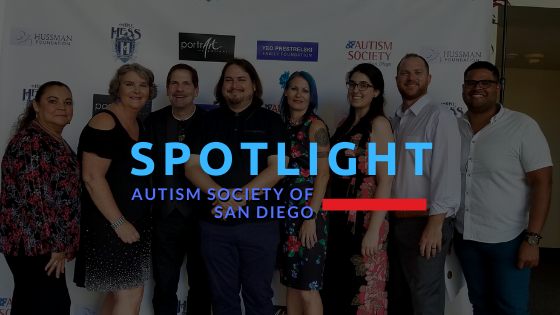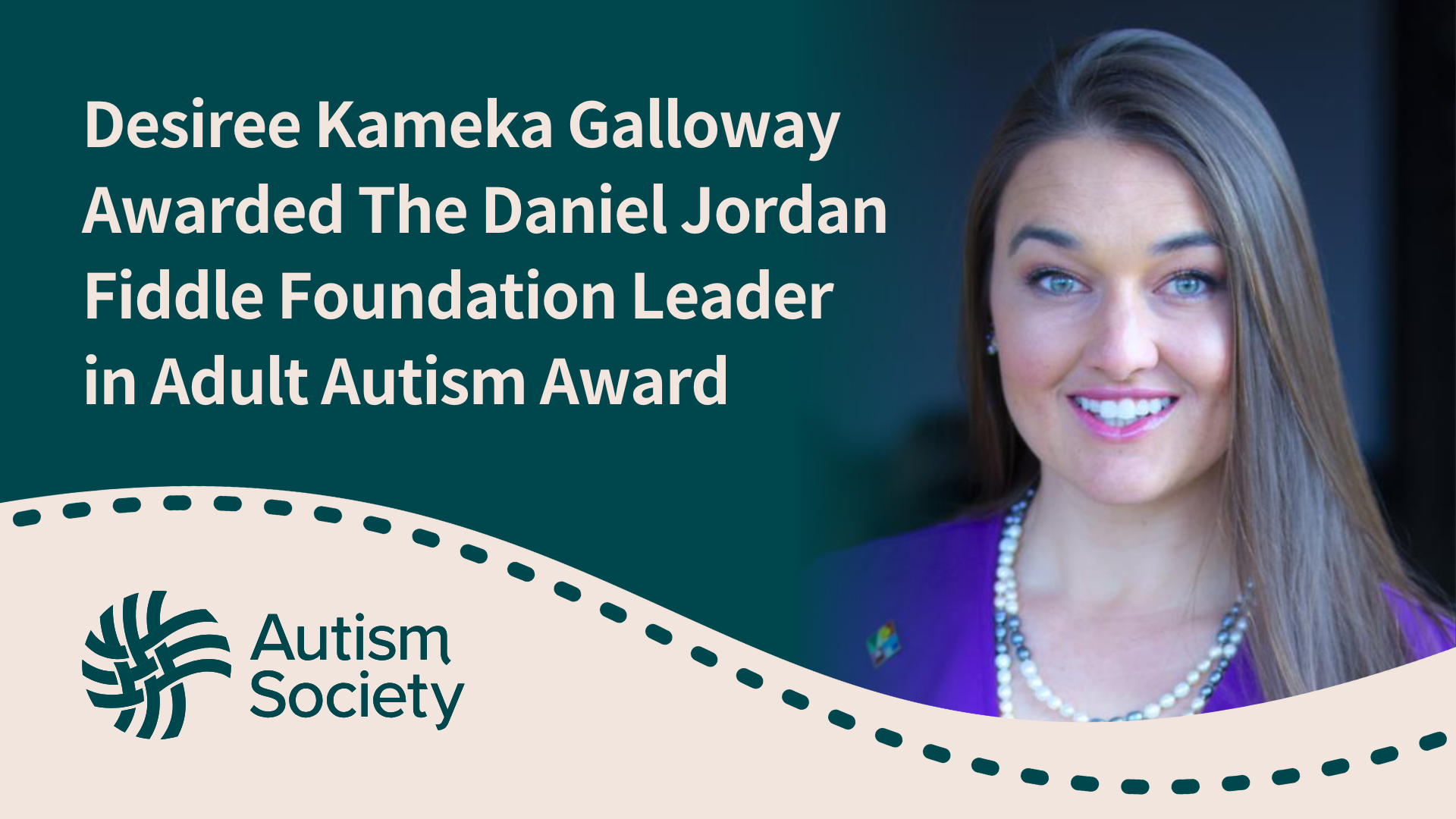
In this issue of Capitol Connection, find information on negotiations to prevent a government shutdown, a proposed rule with important updates to disability rights, a bill to raise SSI asset limits, and more. Please use the Autism Society’s Action Center to educate your Members of Congress to support funding for Autism related programs.
Appropriations
Congress returned this week to focus on FY 2024 appropriations bills with a two-week deadline before the new fiscal year begins on Sunday, October 1st. Last Sunday, House leaders proposed a continuing resolution (CR) that would break with the overall budget deal negotiated in March. It would make cuts to non-defense appropriations by approximately 8 percent (FY 2022 levels). It also contains policy amendments that are considered non-starters for the majority in the Senate. The Senate passed all 12 funding bills through committees in a bipartisan fashion sticking to the budget agreement passed as part of the debt ceiling deal. This clash does not bode well for avoiding a government shutdown.
The Autism Society signed on to a letter to all Congressional members along with 680 other groups urging Congress to pass a clean continuing resolution (CR); to pass a bill that provides adequate funding for human services; and to prevent a government shutdown. The letter lists programs and services that could be affected by a shutdown if a CR is not agreed upon. These programs and services include assistance with housing, child care for low-income families, support for education and job training, and mental health treatment, among other programs that also impact individuals with Autism and their families. Autism Society affiliates and allies are encouraged to continue reaching out to members of Congress urging them to pass funding bills with adequate funding for programs that support people with Autism.
Proposed Rule To Protect People with Disabilities From Discrimination
On Thursday, September 7th, the U.S. Department of Health and Human Services (HHS) released a Notice of Proposed Rulemaking that will update Section 504 of the Rehabilitation Act of 1973. Section 504 is one of the first U.S. federal civil rights laws offering protection for people with disabilities. The proposed rule titled “Discrimination on the Basis of Disability in Health and Human Service Programs or Activities” strengthens and clarifies the law to ensure that people with disabilities are not discriminated against in any program or activity that receives funding from HHS. This is the first time in almost 50 years that the rule has been updated. The proposed rule will work to prevent discrimination in medical treatment, access to medical equipment, access to the internet, child welfare programs, community living, and value assessment methods. HHS is accepting comments on the proposed rule until Monday, November 13th. The Autism Society will be preparing comments. All resources have been gathered by the Administration for Community Living on a webpage at ACL.gov/504rule.
SSI Savings Penalty Elimination Act
Last week during a Capitol Hill press conference, Senators Wyden (D-OR), Brown (D-OH), and Cassidy (R-LA) announced the reintroduction of the bipartisan SSI Savings Penalty Elimination Act. In the House, Representatives Higgens (D-NY) and Fitzpatrick (R-PA) introduced a companion bill. This bill would update SSI asset limits for the first time since 1980. The current limit for those who receive SSI is $2,000 in assets with a married couple’s limit being $3,000. The Savings Penalty Elimination Act would raise those caps to $10,000 for individuals and $20,000 for married couples, and index them to inflation moving forward. The Autism Society sent a letter of support to the lead members of Congress. The Autism Society and over 300 groups signed a letter supporting and urging the passage of this important bill.
Caregiver Training Letter
The Autism Society signed onto a letter led by AARP supporting a new proposed rule from the Centers for Medicare & Medicaid Service (CMS) to pay for caregiver training services in the Medicare Physician Fee Schedule. The letter thanks CMS for including caregiver training services as a reimbursable service under Medicare. The letter also urges CMS to ensure a broad definition of “caregiver” to include caregivers involved in Medicare beneficiaries’ care who need the training that would be available under the CMS proposal.
New Education Department Actions
Bolster K-12 Education
The United States Department of Education announced new actions to bolster the K-12 education system. These actions are a part of the Department of Education’s “Raise the Bar: Lead the World” initiative. The actions include investing $50 million for literacy interventions and supports, enlisting 187,000 new tutors and mentors in schools, and hosting events to elevate evidence-based strategies to reduce chronic absenteeism and meet the mental health and safety needs of students. Learn more in the Department’s press release.
Awards to Improve Career Opportunities for Students With Disabilities
The United States Department of Education’s Rehabilitation Services Administration (RSA) announced on Friday, September 15th that it will fund 20 model demonstration projects to improve economic self-sufficiency for children and youth with disabilities by creating systemic approaches to enhance post-school outcomes. The Pathways to Partnerships project will support collaborative partnerships between state vocational rehabilitation agencies, state and local educational agencies, and federally funded centers for independent living to help individuals with disabilities transition to life after high school. The projects will prepare individuals for independent living, competitive integrated employment, and community integration. This is the largest discretionary grant ever administered by RSA. This webpage shares the 20 funded projects and their goals. The Autism Society prepared a guidance memo to affiliates regarding this funding opportunity.
Updated Covid-19 Vaccine Available
With updated Covid-19 vaccines now recommended for use, the CDC has taken steps for those who are uninsured and underinsured to be able to receive these vaccines at no cost from their local provider, community health center, or pharmacy. The new vaccine targets the latest variant and is especially important for those who may be more vulnerable to experiencing serious illness with Covid-19, including those with Autism and other developmental disabilities, and those who are immunocompromised. CDC has also modified existing Increasing Community Access to Testing (ICATT) program contracts with CVS, Walgreens, and eTrueNorth to offer vaccination services in areas with low vaccination coverage and access. The Bridge Access Program is temporary and scheduled to end in December 2024. A longer-term solution is the Vaccines for Adults (VFA) program, proposed in both the FY 2023 and 2024 Presidential Budgets, which would cover all recommended vaccinations at no cost for uninsured adults. This proposal has yet to be enacted into law. The Autism Society will continue to monitor policies that provide access to life-saving vaccines. You can search for vaccines for teens, adults, and children by zip code at vaccines.gov. To learn more about the Autism Society’s Vaccine Education Initiative (VEI), and ways to get involved, please visit AutismSociety.org/VEI or email vei@autism-society.org.
Share:





